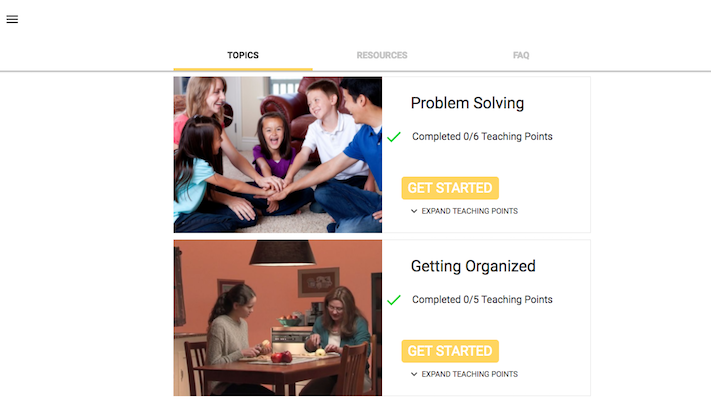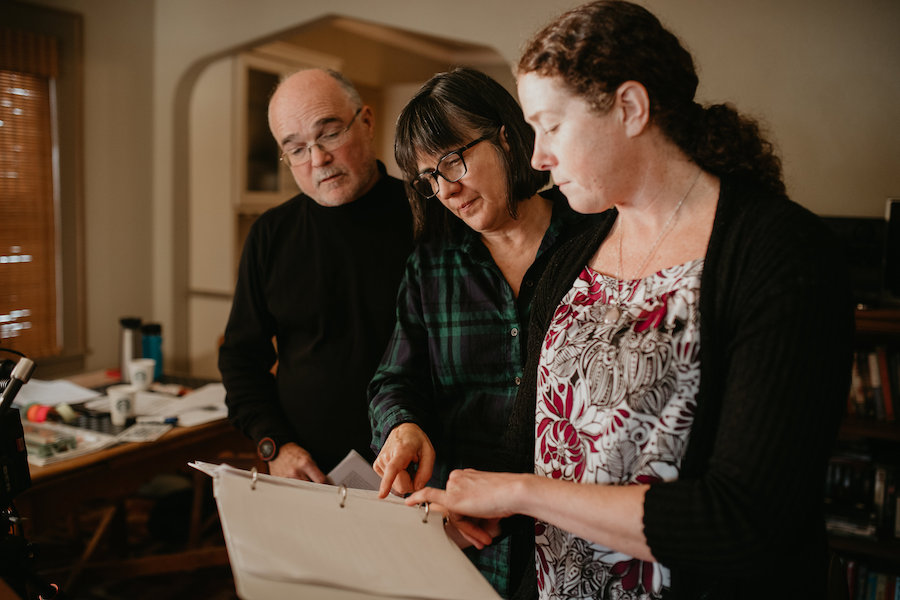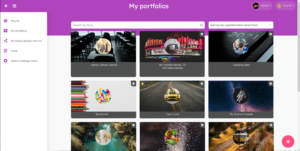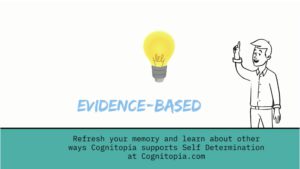TIPS Project Update: Helping Parents of Children with Traumatic Brain Injury
The Traumatic Brain Injury Positive Strategies project (TIPS) is a collaborative effort among Assistech Systems LLC, the Center on Brain Injury Research and Training (CBIRT) at the University of Oregon, and Cincinnati Children’s Hospital Medical Center.
Now in its second year of development, TIPS is a powerful web-based training resource designed specifically for families supporting a child with a brain injury and is founded in evidence-based practices researched by experts in field of pediatric brain injury, including Project Co-Investigators Ann Glang and Shari Wade.
TIPS provides parents with tools to help them navigate the challenges of having a child who has experienced a brain injury. The content is organized into seven key topics that include over fifty combined teaching points, incorporating quizzes, photos, videos, and personalized resource toolkits in both digital and printable formats.

TIPS teaching tool.
TIPS includes extensive video instruction that illustrates effective and ineffective parenting skills for which we’ve just completed production. It also includes conversations with parents about some of the challenges they face. In fall 2017, we worked with BrainLine.org, a service of WETA public TV and radio station in Washington, DC, to interview a group of mothers in the greater Minneapolis, MN area about their own experiences parenting their children who experience TBI in different ways.
To produce the parenting skills content, CBIRT staff collaborated with Shari Wade and her staff at Cincinnati Children’s Hospital Medical Center to script seventeen short videos that illustrate key TIPS teaching points. Ann Glang and Jody Slocumb of CBIRT, with Tom Keating of Assistech, recently oversaw a 12-hour video shoot in which Eugene-based AO Films production company produced segments on parenting techniques such as giving choices, maintaining positive relationships, and how to advocate for one’s child at school. The videos illustrate both positive and negative outcomes with the goal of communicating the most effective ways to parent a child with a traumatic brain injury.

Keating, Glang, and Slocumb review a video script during the AO Filming day.
In anticipation of a first quarter 2019 commercial launch, the next steps for the TIPS project will be to evaluate the TIPS prototype by collecting data and feedback from clinicians and parents at three national centers specializing in the treatment of children with brain injury: Kennedy Krieger Institute in Baltimore, Maryland, Gillette Children’s Hospital in St. Paul, Minnesota, and Vanderbilt University Medical Center in Nashville, Tennessee. This pilot project data will validate the usability and effectiveness of the tool for a broad range of families and patients across the United States.
When released, hospitals and medical centers will be able to embed the tool into their websites and add resources and support options within their geographical regions.
For more information on TIPS, including possible opportunities for design input and beta testing please contact Ann Glang (glanga@cbirt.org) or Tom Keating (tkeating@cognitopia.com).
This project is supported by Small Business Innovation Research Award R44HD059255 through the Eunice Kennedy Shriver Institute of Child Health and Human Development of the National Institutes for Health (NIH). The opinions expressed are solely the responsibility of the authors of this content and do not necessarily reflect the official views of NIH.
Julie Henning has been with Cognitopia since 2015. In that time, she has been involved in customer support, training, marketing, documentation, social media, and data collection. Some of her favorite projects have been mentoring our videographer intern, Nate, and weekly classroom testing and curriculum development for the many students in the 4J Connections Transition program. She works closely with Eugene-based SLLEA (Smart Living, Learning & Earning with Autism) to integrate Cognitopia’s self-management tools into the organization and structure design input and support platform implementation. Professionally, Julie has over twenty years’ experience working in engineering, technology, software development, and journalism; a path made possible with two degrees in Technical Communication: a BS from the Milwaukee School of Engineering and a MS from Colorado State University. A single mom of three high schoolers (grades 9, 10, and 11), Julie has introduced Cognitopia to terms such as “sick” and “yeet,” while overseeing the office coffee consumption. In her free time, she enjoys playing recreational soccer, improv comedy, and traveling.



